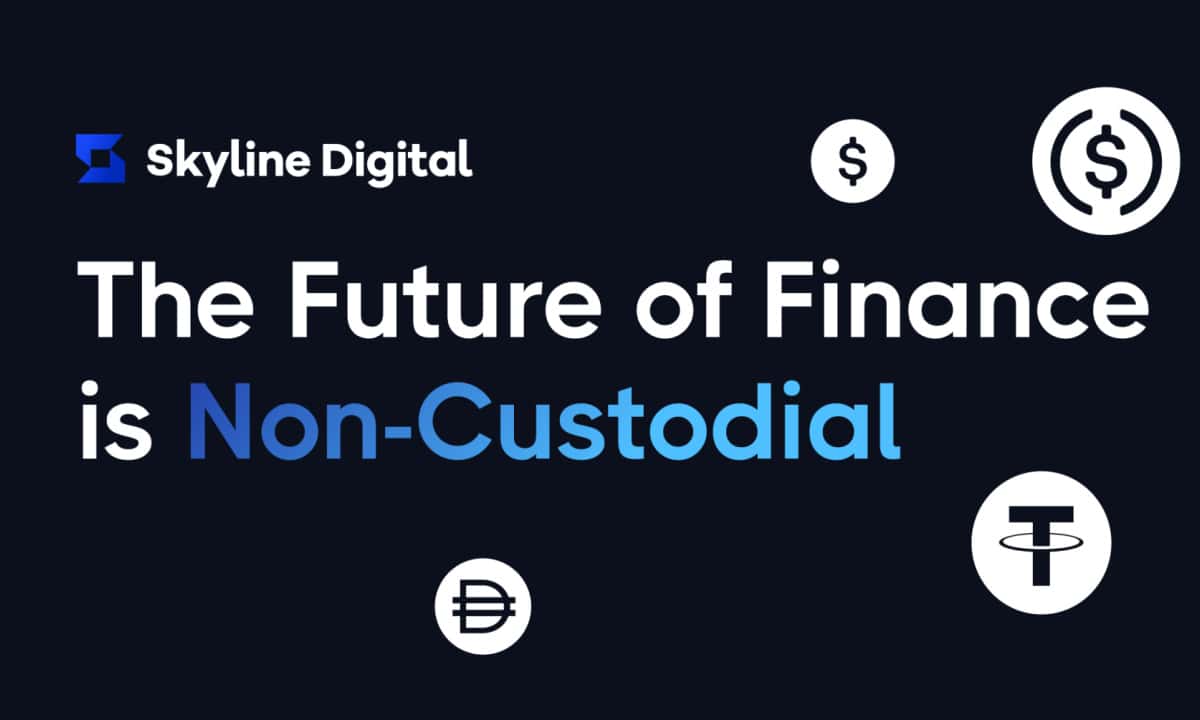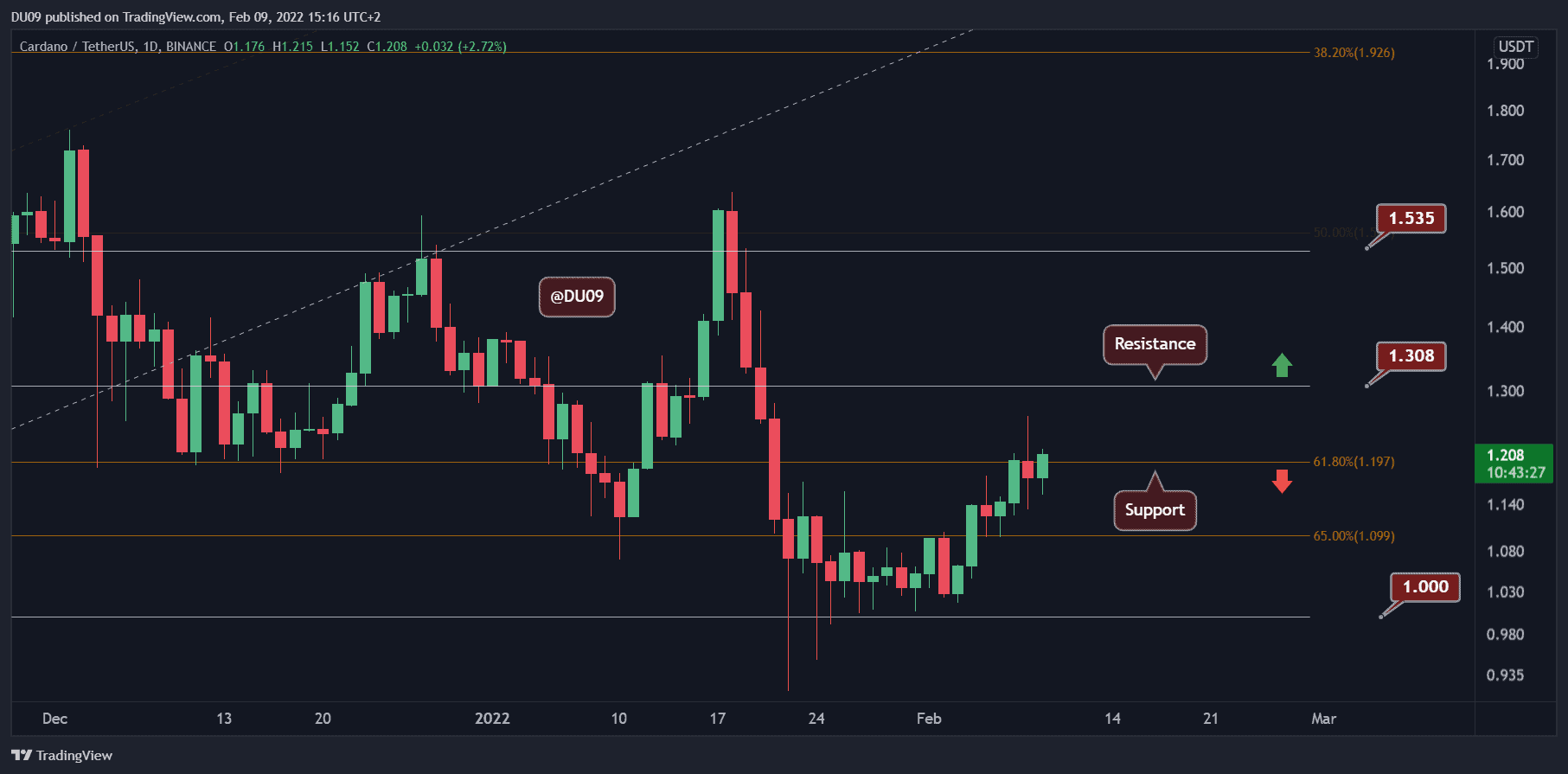Why Privacy Matters When It Comes to Personal Freedom
While individuals should be able to go about their lives as they see fit, free from persecution, we live in a world where data is power, and our data is sold to the highest bidder.
Without privacy, we lack the power necessary to fight against institutions that could use our data to profile and discriminate against us on the basis of our age, gender, race, interests, habits, and more. As such, privacy is necessary to ensure our freedom – from institutional influence and to live as we please.
Freedom of Opportunity
Biased institutions may use personal data to discriminate against individuals, limiting their access to social, educational, economic, medical, or commodity resources.
Personal data that may be of interest to these institutions includes information about our social lives, such as the people that we associate with platonically or romantically; our political beliefs, and the political groups that we support, and the things that we say to others online in confidence.
With this data, institutions could severely restrict individuals’ opportunities. For example, imagine a college admissions board denying an applicant because of an out-of-context message they sent to a friend. Or a job firing an employee after learning of volunteer work that the employee performed for a political group that the job isn’t favorable towards.
Governments, too, can cite this data as a reason to restrict individuals’ access to resources (such as travel, financial services, or equal pay), as is the case with some of China’s piloted social credit systems.
Freedom of Will
Personal data can be used to learn much about people, far beyond things that you might expect, like their social or political affiliations – personal data can be used to exploit the way in which people think and behave.
By presenting individuals with stimuli and measuring how they react, it is possible to figure out what types of information, and methods of information delivery, that they react most strongly to. And, you may have guessed it, this is largely how social media algorithms hook users and keep them scrolling.
This information can be used to influence peoples’ thoughts. The Scientific American describes how Facebook, paired with researchers at Cornell University, found that it could influence users’ emotions by algorithmically modifying their feeds:
“In 2014, Facebook conducted a colossal online psychosocial experiment . . . on almost seven hundred thousand unaware users, algorithmically modifying their newsfeeds to observe changes in their emotions. The study results . . . showed the ability of the social network to make people happier or sadder on a massive scale and without their awareness . . . .”
Taken further, this information can be used to influence human behavior, as in the case of now-defunct data analytics giant Cambridge Analytica, who was found guilty of using social media to influence elections worldwide.
Freedom from Harm
For some, privacy is a matter of personal safety. Take, for example, journalists in countries with strict censorship or political dissidents fighting authoritarian regimes. Their work puts them at risk for detainment or even death.
Currently, they rely on services such as Tor, a decentralized relay of computers that anonymizes traffic, to stay secure. However, efforts are being made continuously by central government authorities to defeat these tools.
People in less dire situations, too, rely on privacy for protection. In the case of those whose friends or families hold regressive views about their romantic relationships, people with sensitive medical histories, or people on the run from dangerous situations – privacy protects them from ostracization, discrimination, or direct harm.

Financial Freedom
No privacy measures are sufficient if your financial data is public or held by centralized financial authorities. Data regarding your transactions – what you buy and where and when you buy it – can reveal much of the sensitive information that we’ve discussed thus far.
Individuals should be able to transact privately without the fear of being watched, judged, or persecuted. The world of banks and centralized payment processors makes this a far-fetched reality for most. However, inspired by cutting-edge technology and an inclination towards freedom, the cryptocurrency community is fighting back.
Most cryptocurrencies are ill-equipped to handle truly private transactions due to their lack of built-in privacy protocols and expose critical transaction data like transaction amounts and users’ wallet addresses.
This is where privacy coins, cryptocurrencies that implement digital privacy technologies to reduce the traceability of transactions and provide greater anonymity to users, can help. Navcoin’s xNAV, which uses a self-developed privacy protocol called “blsCT” to make transactions untraceable is one example.
xNAV accomplishes this by grouping all transactions within a block together, hiding key transaction data like coin amounts and wallet addresses, and then intelligently moving coins between users despite the lack of publicly visible transaction data. xNAV also supports encrypted messaging, atomic swaps, and pruning.
- Encrypted messaging allows users to include private messages in transactions, providing a solution for people who need to communicate privately.
- Atomic swaps allow users to trade xNAV for other privacy-wrapped tokens with each other anonymously in a decentralized environment.
- Pruning enables nodes to run without recording the entire blockchain, increasing the potential number of devices that can secure the network and increasing xNAV’s degree of decentralization.
Soon, Navcoin will evolve into a high-utility privacy platform that provides Privacy-as-a-Service, allowing other cryptocurrencies to attain privacy through its network. This service will greatly increase the demand for Navcoin as all fees will be paid with it.
Conclusion
Privacy matters when it comes to personal freedoms because it protects information that others could use to control us. Financial information is especially vulnerable, as our transactions can reveal much about us, like our social and political affiliations, medical histories, and habits.
Most cryptocurrencies use blockchains that are transparent by design, making them insufficient for transacting privately. On the contrary, Navcoin’s privacy coin xNAV enables private transactions thanks to Navcoin’s self-developed “blsCT” privacy protocol, which effectively hides key transaction data like wallet addresses, wallet balances, and transaction amounts – breaking the link between senders and receivers.








